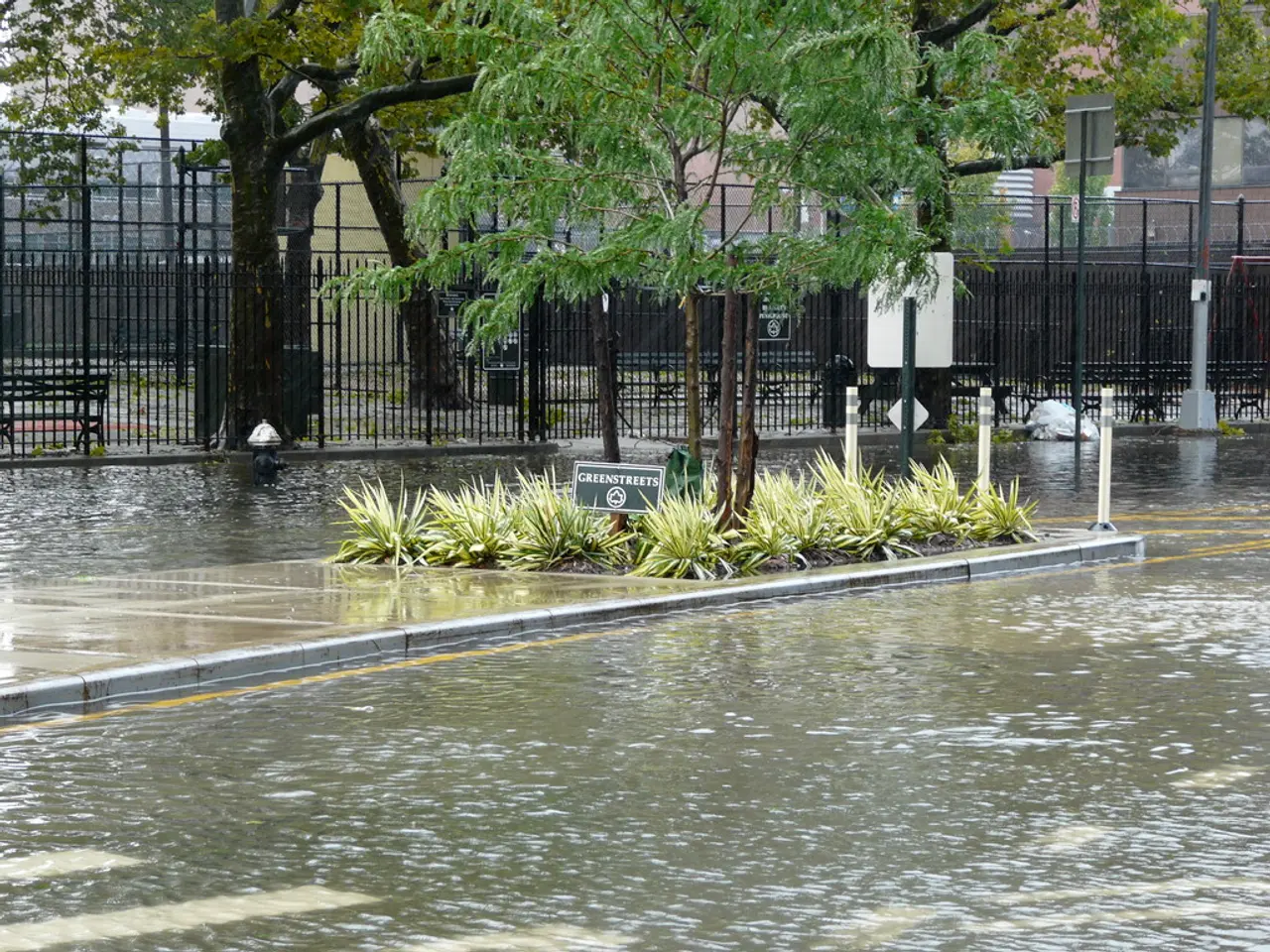Australia's election outcome fortifies the prospective direction of the nation's climate policy under the leadership of Albanese.
The Albanese government, following its re-election, faces mounting pressure from investors to take bold action on climate change. Rebecca Mikula-Wright, CEO of the Investor Group of Climate Change (IGCC), has highlighted the economic risks associated with extreme climate events, emphasizing the need for a stronger and more credible 2035 climate target.
The IGCC's recommendations to the new government aim to address the risks and opportunities presented by climate change for investors. In a joint statement issued in March, investor groups called for bipartisanship in climate policy. The IGCC's focus is on ensuring sustainable returns for the 15 million Australian members of various investors.
The ALP government, under Albanese's leadership, has already shown commitment to climate action. Within 75 days of winning the previous election, the government introduced a climate change bill that enshrined an emissions reductions target of 43% by 2030 into law. This move was welcomed by investors, who called it a generational shift.
However, investors expect more from the Albanese government in its second term. They are urging for an ambitious and transparent emissions target for 2035, meeting or exceeding science-based benchmarks to keep global warming within safe limits. The target should reflect at least a 75% cut below 2005 levels by 2035, and any approach that relies on unverifiable accounting or allows fossil fuel expansion to continue is criticized.
Investors also expect genuine commitments to phase out fossil fuel subsidies and halt fossil fuel expansion. They believe that large targets without integrity or credible actions will fail to deliver real climate benefits.
The advancement of renewable energy infrastructure and workforce growth is another key expectation. The Labor government has already made progress growing renewables to 43% of the main grid, with thousands of workers building the clean energy system. Investors expect this momentum to accelerate.
Environmental policy reforms are also on the agenda. The IGCC recommends strengthening the Environmental Protection and Biodiversity Conservation (EPBC) Act and establishing an independent Environment Protection Authority, aiming to embed climate considerations into broader environmental regulation.
Lastly, investors are calling for support for regional climate resilience initiatives, such as Australia's investments in renewable energy transitions in the Pacific region. This signifies continued leadership and partnership in climate adaptation and clean energy.
Overall, investors want the Albanese government’s second term to translate its climate targets into robust policies with full transparency, accountability, and industry reform, consistent with Australia's scientific and international obligations under the Paris Agreement. Certainty and continuity will set the tone for a renewed conversation over accelerated progress in Australian climate policy.
[1]: Source 1 [2]: Source 2 [3]: Source 3 [4]: Source 4 [5]: Source 5
The Albanese government, in its second term, is urged by investors to strengthen its 2035 climate target by meeting science-based benchmarks to limit global warming, with at least a 75% cut below 2005 levels expected [1]. In line with this, investors call for the phase-out of fossil fuel subsidies and halting of fossil fuel expansion, emphasizing the need for integrity in large targets [2].
The Investor Group of Climate Change (IGCC) also recommends reforms in environmental policy, such as strengthening the Environmental Protection and Biodiversity Conservation (EPBC) Act and establishing an independent Environment Protection Authority [3]. Furthermore, investors advocate for support for regional climate resilience initiatives, like Australia's investments in renewable energy transitions in the Pacific region [4].
Lastly, investors expect the Albanese government to translate its climate targets into robust policies, ensuring transparency, accountability, and industry reform, in accordance with Australia's obligations under the Paris Agreement [5]. This will set the tone for a renewed conversation over accelerated progress in Australian climate policy. [1, 2, 3, 4, 5]







